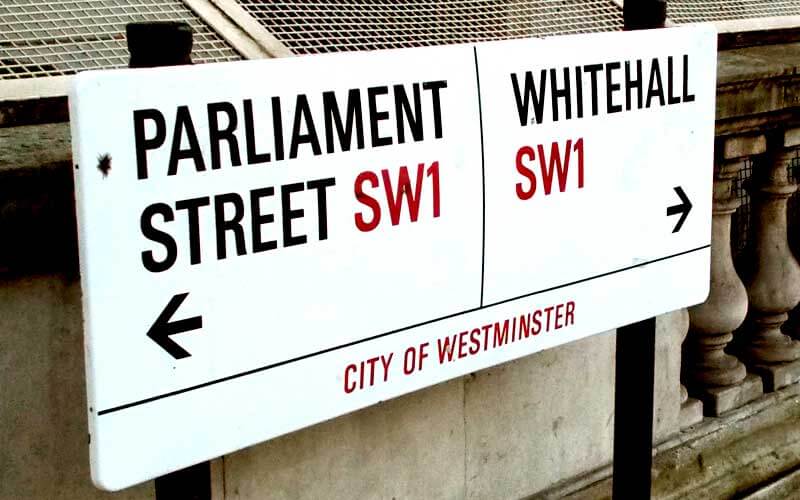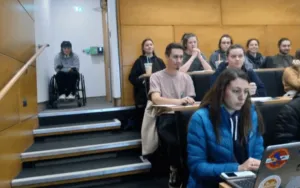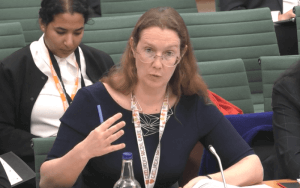One-third of young people with special educational needs (SEN) in England experienced violent bullying in the last year, according to a major government-funded survey.
Nearly two-thirds (63 per cent) of those surveyed, who were all 12 or 13, said they had experienced some kind of bullying, with reports more common among young people who were autistic or had social, emotional or mental health difficulties.
This compares with a similar study of all young people aged 13 and 14 that asked the same questions in 2013, and which found that 40 per cent had experienced bullying in the previous year.
The new study says name-calling was reported by nearly half (47 per cent) of those with SEN while 35 per cent said they had been threatened with violence, and 33 per cent had been victims of violence in the last year.
Just under one in five (18 per cent) reported that they had been called names which were related to their impairment.
About 3,000 young people with SEN completed the survey last year for the National Centre for Social Research (NatCen), in collaboration with the National Children’s Bureau and on behalf of the Department for Education.
In all, nearly three-quarters (72 per cent) of young people with SEN reported being happy with their life as whole, with 90 per cent saying they were happy with their family, but just 55 saying they were happy with their school.
The vast majority of young people with SEN (94 per cent) said they expected to go on to have a job in the future, while more than half (54 per cent) wanted to go to college or university after leaving school.
Young people with SEN who attended mainstream schools (56 per cent) were more likely to want to continue in education than those in alternative provision (42 per cent) or special schools (38 per cent).
The study also says that young people with SEN and an education, health and care (EHC) plan were much less likely to spend unsupervised time with a friend than those without a plan.
Of those with an EHC plan, 38 per cent never spent unsupervised time with friends, compared with 16 per cent of those who did not have an EHC plan.
Three-quarters (76 per cent) of those whose parents reported that the school supported their child well reported high levels of happiness with their life compared with two-thirds (67 per cent) of those whose parents were not satisfied with the school’s support.
The study concluded that young autistic people and those with social, emotional and mental health difficulties were at greater risk of negative outcomes than other young people with SEN.
The study is part of long-term work by the government to set up a large-scale survey of children and young people with special educational needs and disabilities (SEND) in England.
As well as the 3,000 young people, about 3,500 parents and guardians also completed the survey.
Of the young people analysed by the study, 85 per cent attended a mainstream school, 12 per cent a special school, and two per cent were attending alternative provision.
A note from the editor:
Please consider making a voluntary financial contribution to support the work of DNS and allow it to continue producing independent, carefully-researched news stories that focus on the lives and rights of disabled people and their user-led organisations.
Please do not contribute if you cannot afford to do so, and please note that DNS is not a charity. It is run and owned by disabled journalist John Pring and has been from its launch in April 2009.
Thank you for anything you can do to support the work of DNS…

 Impact of loneliness on young disabled people is ‘wide-reaching’, new research finds
Impact of loneliness on young disabled people is ‘wide-reaching’, new research finds Mainstream is usually much cheaper, with ‘similar or better outcomes’ for disabled pupils, MPs are told
Mainstream is usually much cheaper, with ‘similar or better outcomes’ for disabled pupils, MPs are told Budget failed on addressing systemic challenges facing disabled people, Treasury is told
Budget failed on addressing systemic challenges facing disabled people, Treasury is told